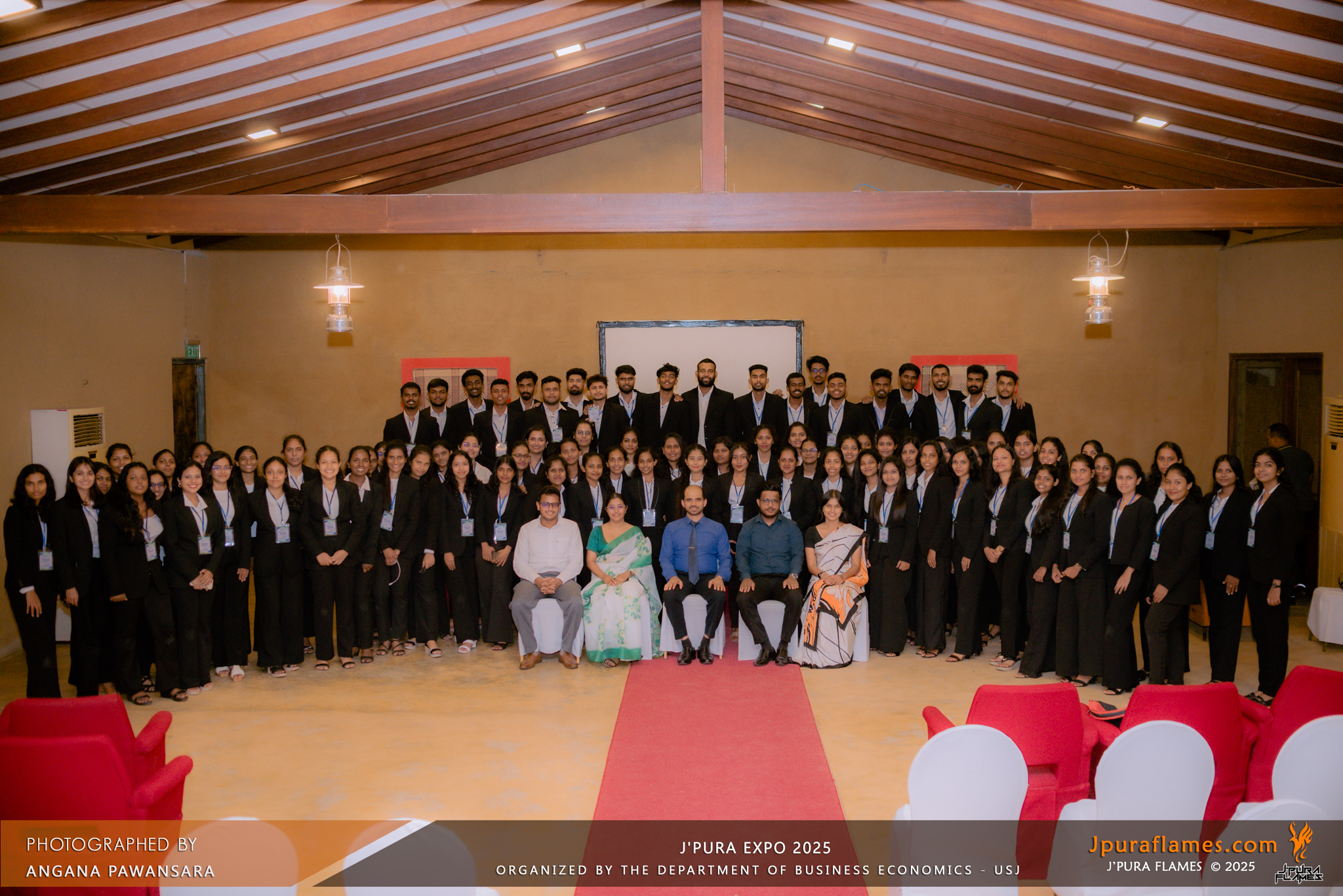This advanced course intends to discuss the economics behind innovation with the objective of illustrating incentive policy frameworks for innovations within the context of developed countries’ experiences. This is a compulsory course under the Development Studies specialisation. The course focuses on three modules: first, innovation and intellectual property rights; secondly, the innovation incentives and the positive externalities generated through firm level innovations, and thirdly, innovation as a key driver for economic growth and development are discussed. This course enables the students to recognise the importance of innovations and perceive its economic significance. Pre-requisites of this course are Microeconomics and Macroeconomics.
- Lecturer: Mr. Asel Hettiarachchi
- Lecturer: Mr. Binura Shaminda
The course is designed to equip students with knowledge of commercial banking practices in the regulatory framework and their contribution to economic growth and development. This course examines the ways in which modern commercial banks are operating in the face of various shocks, locally or internationally, such as economic and political, and how these operating practices contribute to economic growth and development of modern economies. It covers topics of commercial banks and their regulatory framework, commercial banking practices in reaching economic development and commercial banking in the global economy. To follow this course, students should complete Microeconomics and Macroeconomics courses as the pre-requisites.
- Lecturer: Mr. Pasindu Dissanayake
- Lecturer: Ms. Dinithi Jayasuriya
This is an advanced course with the objective of analysing the monetary theory to understand the effect of change in monetary variables on the macroeconomic system. It introduces and solves number of models allowing students to see exactly how these models work and what differentiates one from another. This is a compulsory course which covers topics of money supply, money demand, monetary policy transmission mechanism, inflation and optimal inflation rate, neutrality of money, monetary policy targets and rules, monetary policy in open economies, time inconsistency of monetary policy, uncertainties of monetary policy designs and monetary policy frameworks. At the end of this course, students should be able to understand and analyse monetary links in the context of monetary policy transmission mechanism. Microeconomics and Macroeconomics are pre-requisites for this course.
- Lecturer: Ms. Udeshika Chandrarathne
- Lecturer: Ms. Dinithi Jayasuriya

This advanced course provides the students with knowledge and skills on Project Management in business organisations or entirely project-based organisations. This is a compulsory course which covers the theoretical foundation of Project Management techniques, software training and practical elements of real-world projects undertaken by the students. This course studies the nine basic Project Management knowledge areas: project integration management, scope management, schedule management, cost management, quality management, human resource management, risk management, communication management and procurement management. In addition, the students undergo a thorough training in MS Project software (usually the latest accessible version) to be competent in meeting the challenges in the real business setup under project management. This course enables the students to manage a project effectively throughout its life cycle and to use MS Project software to apply those principles and techniques discussed. Pre-requisites of this course are Principles of Management, Microeconomics, Human Resource Management, Financial Management and Operations Management.
- Lecturer: Prof. Janaka Fernando
- Lecturer: Mr. Binura Shaminda
- Lecturer: Ms. Oshadhie Silva
- Lecturer: Mr. Pasindu Dissanayake
- Lecturer: Ms. Dinithi Jayasuriya
- Lecturer: Dr. Maduranga Withanawasam
This course integrates the theory of finance and financial institutions into the main body of economic theory with the aim of providing students with an in-depth understanding of overall financial market. This is an extended analysis of Microeconomics and Macroeconomics courses with a special focus on the financial market. This course is compulsory for Banking Students and elective for Development Studies and International Economics and Business students. It covers the areas of behaviour of interest rate, the risk and term structure of interest rates, theories of the term structure of interest rates, interest rate and bond market, the efficient markets theory, economic analysis of financial structure and the foreign exchange market. This course enables the students to gain a profound knowledge of financial markets in a microeconomic and macroeconomic context and to develop analytical skills and thinking ability to evaluate the behaviour of national and international financial markets and institutions. Business Mathematics, Business Statistics, Microeconomics and Macroeconomics courses provide the pre-requisites for this course.
- Lecturer: Ms. Dinithi Jayasuriya
- Lecturer: Ms. Oshadhie Silva
- Lecturer: Prof. Kumudini Sriyalatha
This is a course which provides the students with soft skills that need to be acquired by a professional. The main objective of this course is to develop an individual well-equipped with professional skills and positive attitudes. Also, it aims to develop a balanced personality with higher social and career prospects. Methods of instruction are mainly interactive sessions, guest lectures, discussions, lectures, and workshops covering areas of personal grooming, etiquette, planning self-presentation at different occasions, and effective interpersonal skills. The two-day Outward-Bound Training Programme is one of the main events organised under this course. This course is offered in semester I and semester II for third-year undergraduates of the department.
- Lecturer: Mr. Asel Hettiarachchi
- Lecturer: Ms. Dinithi Jayasuriya
- Lecturer: Ms. Amanda Perera
- Lecturer: Ms. Dileesha Sewwandi
- Lecturer: Mr. Binura Shaminda
